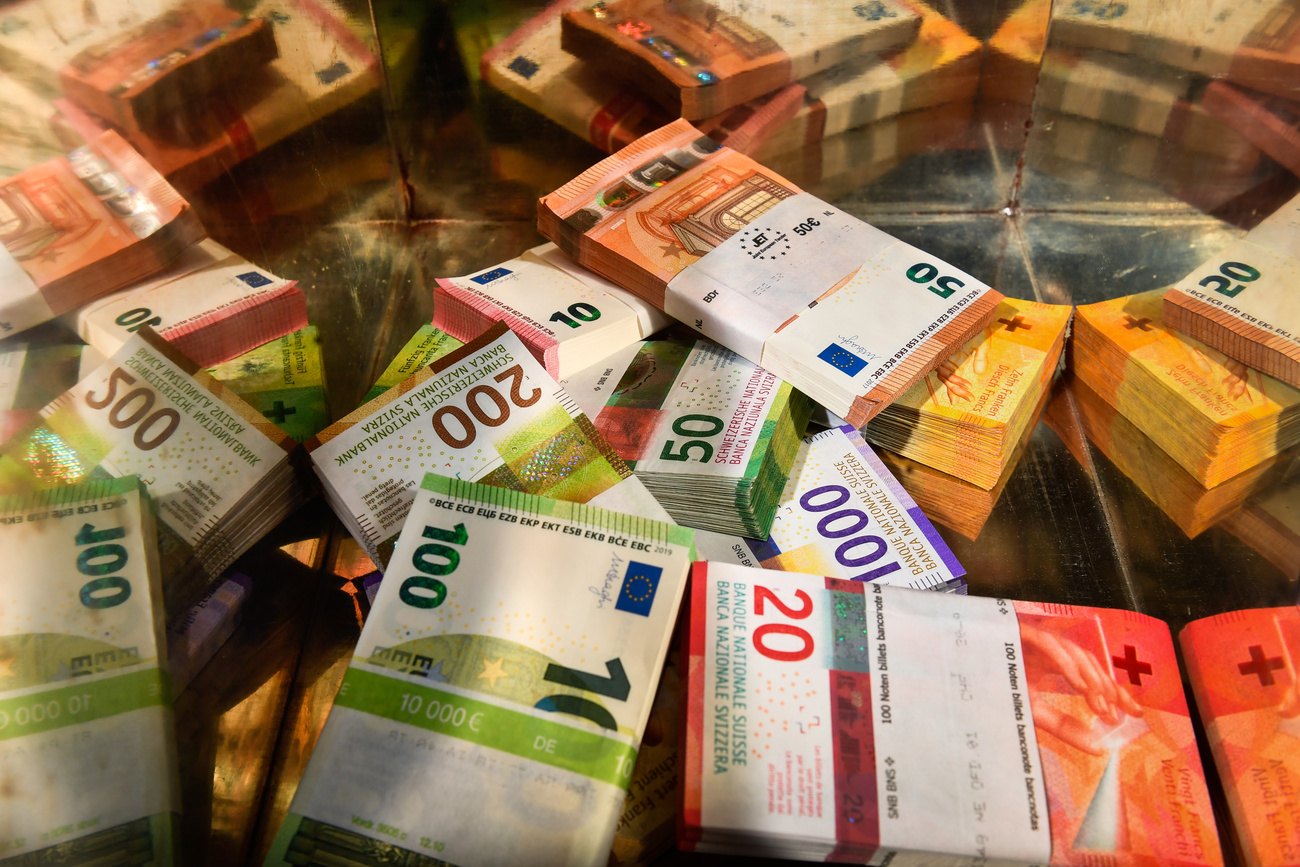The neglected economic impact of a lack of sleep

Our nights are too short, which has a cost for the economy, even if this is difficult to estimate. It’s also difficult to encourage people to get more sleep, partly because the myth of the workaholic who seems to shun their bed is still very much alive in our society.
Generally speaking, the Swiss don’t get much sleep. Most people make do with seven hours’ sleep, the minimum recommended by the medical profession.
But often this is more time spent in bed than real sleep, which is disrupted by periods of insomnia, stress or pain.
Of course, it’s not just the Swiss who have to contend with this. In Japan, France and the United States, people spend no more than six to seven hours under the duvet. According to specialists, this suggests that sleep deprivation is truly a global epidemic.
Challenge for the economy
The economy is suffering the effects of this epidemic, with health problems, absenteeism, reduced productivity and concentration, irritability and delayed schooling.
An Australian study published in 2021 puts the impact at almost 1% of Australia’s gross domestic product. The American health authorities (CDC) estimate that lack of sleep plays a role in half of the 15 leading causes of death, including heart attacks, strokes and hypertension.

More
Study: ‘optimal’ sleep can significantly lower heart disease risk
While the damage is known, it is more difficult to translate it precisely into francs, dollars or euros. However, professionals estimate that the amounts involved are astronomical. Every year, Americans lose almost ten million working hours because of insufficient sleep, and Germany 1.6 million.
Complicated prevention
Why do the authorities do relatively little to improve sleep time, compared with the major prevention campaigns against smoking or poor diet?
First, because it’s difficult to get people to go to bed early. What’s more, the problem has many causes, including electronic gadgets, junk food, lack of physical activity and, of course, stress.
+ From the archives: sleepless in Switzerland
Alongside all these factors, there is also a cultural element: a good sleeper is perceived as an idle creature. Sleeping little means being active, being productive, being indispensable. It’s a myth that we like to cultivate, with the model of company directors who pride themselves on going to bed at 2am and getting up at dawn.
From a purely medical point of view, their cognitive abilities resemble those of a drunk person, but from a societal point of view, they are still modern-day heroes.
Translated from French by DeepL/ts

In compliance with the JTI standards
More: SWI swissinfo.ch certified by the Journalism Trust Initiative








You can find an overview of ongoing debates with our journalists here . Please join us!
If you want to start a conversation about a topic raised in this article or want to report factual errors, email us at english@swissinfo.ch.